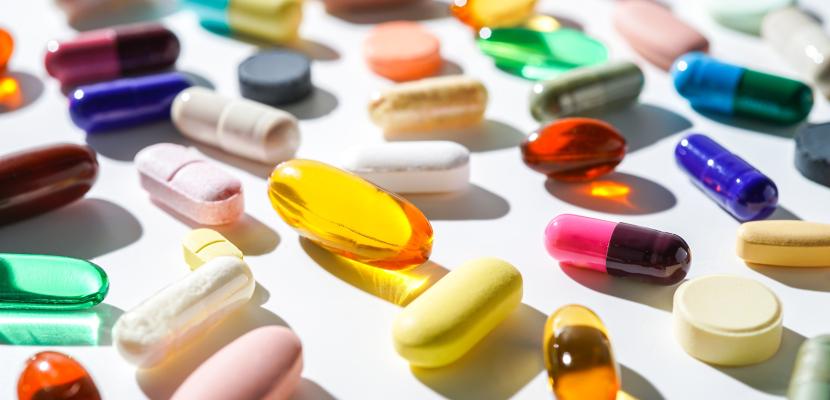
When the temperature hits the mid-30s, most of us think about sunscreen and water bottles, not what’s in the medicine cabinet.
Yet for millions of Australians, the pills they take each morning can quietly raise their risk of heat-related illness.
Some medications change how the body handles heat. Blood-pressure tablets, fluid tablets, heart medicines, antidepressants, and common anti-inflammatories like ibuprofen all affect hydration or temperature regulation.
They can blunt your thirst, slow your sweat response, or make your kidneys more vulnerable when you dry out. The result can be dizziness, confusion, muscle cramps or full-blown heat stroke.
The tricky part is that the danger isn’t always obvious. You might feel fine until your body suddenly isn’t coping.
Older Australians, people with chronic conditions, and anyone taking multiple medications are most at risk, but even healthy people on short-term treatments can run into trouble.
A few simple precautions make a big difference:
1. Check with your GP
Ask your GP or pharmacist whether your regular medicines could make you more sensitive to heat or dehydration. It’s an easy question that’s often forgotten until someone ends up in emergency.
2. Drink water regularly
Don’t wait for thirst. Some drugs alter the body’s feedback loop for fluid balance, so you may need to plan hydration rather than rely on instinct.
3. Keep cool
Use fans or air-conditioning if possible, close blinds during the day, and avoid heavy activity in the middle of the day. Even moderate heat can tip things over if you’re on the wrong medication combination.
4. Look out for warning signs
Headache, nausea, fatigue, dark urine and confusion are early signals of dehydration or heat stress. If you notice them, stop what you’re doing, get to a cool place, sip water, and seek help if symptoms persist.
5. Don’t change your medication without advice
Some people try to skip doses during heatwaves. That can be far more dangerous than the heat itself. Always speak with your doctor before making any change.
As our summers grow hotter and longer, understanding how medicines interact with temperature will be just as important as knowing how they interact with alcohol or food.
A simple conversation with your GP today could save you a dangerous lesson tomorrow.
Dr Kieran Le Plastrier is a GP and Assistant Professor of General Practice